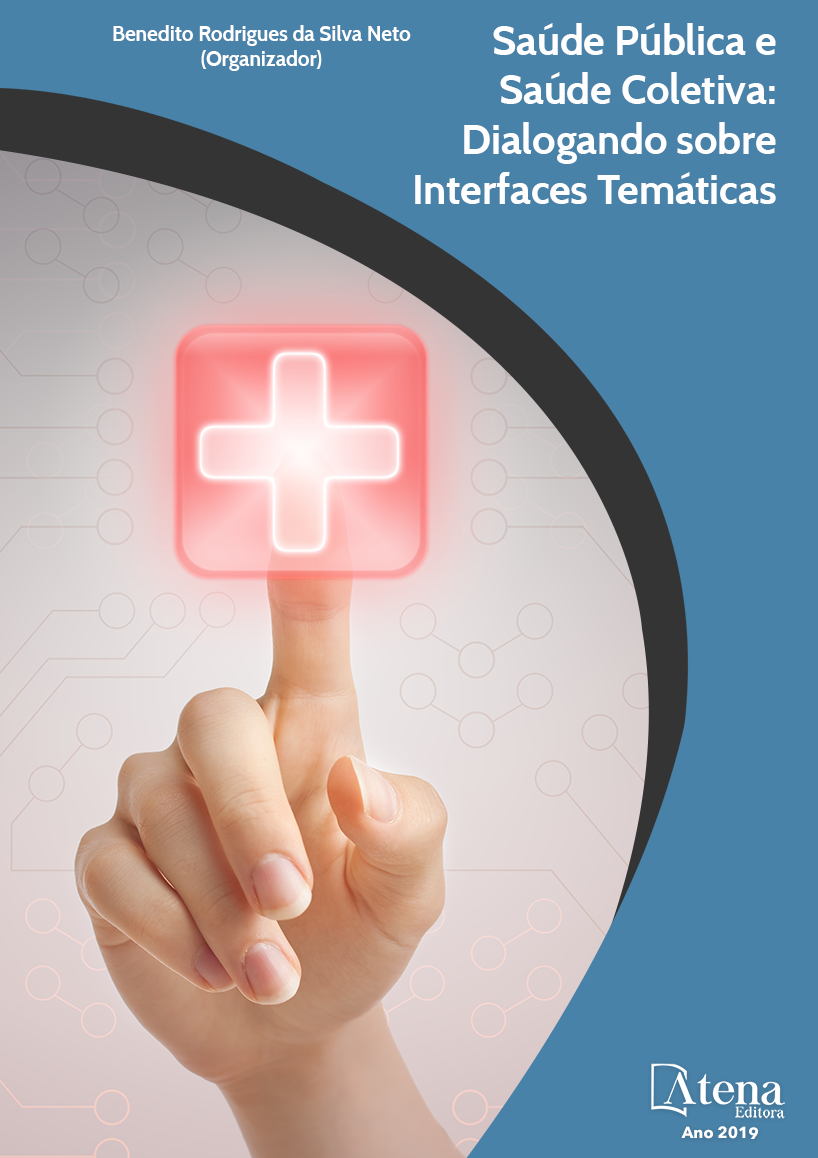
A IMPORTÂNCIA DA IDENTIFICAÇÃO DE INTERAÇÕES FÁRMACO-NUTRIÇÃO ENTERAL EM UNIDADE DE TERAPIA INTENSIVA
INTRODUÇÃO: Na Unidade de
Terapia Intensiva (UTI) é frequente a oferta
de alimentação aos pacientes através da
Nutrição Enteral (NE), utilizando dispositivos
como sondas digestivas, que também são uma
alternativa para a administração de fármacos.
Porém, ao administrar medicamentos e dieta
por via enteral, podem ocorrer interações,
causando prejuízos na ação terapêutica do
fármaco e/ou alimento. OBJETIVO: Relatar a
experiência e a importância da identificação
de interações fármaco-nutrição enteral em
Unidade de Terapia Intensiva da Emergência de
um Hospital de Ensino localizado no interior do
estado do Ceará. MÉTODOS: Trata-se de um
estudo descritivo do tipo Relato de Experiência
tendo como cenário a UTI da Emergência de
um Hospital de Ensino localizado no interior do
estado do Ceará, no período de março a maio
de 2018, ao observar e avaliar diariamente
as prescrições e horários de aprazamento de
medicamentos e nutrientes. RESULTADOS: A profissional farmacêutica em conjunto
com a nutricionista, avaliando as prescrições médicas em busca de interações fármaconutrição
enteral, puderam identificar no aprazamento e observar na administração
de medicamentos e dieta, riscos de interações, podendo ocasionar diminuição da
absorção, do metabolismo e da excreção de fármacos. CONCLUSÃO: A atuação
multiprofissional é de extrema necessidade para a consolidação do cuidado. Nesse
contexto, a identificação e prevenção de interações fármaco-nutrição enteral, são de
extrema importância para a efetividade terapêutica e a melhoria da qualidade de vida
do paciente, além de reduzir o tempo de internação e os gastos hospitalares.
A IMPORTÂNCIA DA IDENTIFICAÇÃO DE INTERAÇÕES FÁRMACO-NUTRIÇÃO ENTERAL EM UNIDADE DE TERAPIA INTENSIVA
-
DOI: 10.22533/at.ed.8601902093
-
Palavras-chave: Alimentação Enteral, Efeito Farmacológico, Unidade de Terapia Intensiva.
-
Keywords: Enteral Feeding, Pharmacological Effect, Intensive Care Unit.
-
Abstract:
INTRODUCTION: In the Intensive Care Unit (ICU) the supply of food to
patients through Enteral Nutrition (NE) is frequent, using devices such as digestive
probes, which are also an alternative for the administration of drugs. However, when
administering drugs and diet enterally, interactions may occur, causing damage to the
therapeutic action of the drug and/or food. OBJECTIVE: To report the experience and
importance of the identification of enteral drug-nutrition interactions in the Emergency
Intensive Care Unit of a Teaching Hospital located in the interior of the state of Ceará.
METHODS: This is a descriptive study of the Experience Reporting model, based on the
Emergency ICU of a Teaching Hospital located in the interior of the state of Ceará, from
March to May 2018, when observing and evaluating daily prescriptions and schedules
of medication and nutrients. RESULTS: The pharmaceutical professional, together with
the nutritionist, evaluating the medical prescriptions in search of enteral drug-nutrition
interactions, were able to identify in the intake and observe in the administration of
medications and diet, risks of interactions, which may cause decrease of absorption,
metabolism and of drug excretion. CONCLUSION: Multiprofessional work is extremely
necessary for the consolidation of care. In this context, the identification and prevention
of enteral drug-nutrition interactions are extremely important for the therapeutic
effectiveness and the improvement of the patient’s quality of life, in addition to reducing
hospitalization time and hospital expenses.
-
Número de páginas: 15
- Edna da Silva Abreu
- Iara Laís Lima de Sousa
- Maria Ruth Brandão Sales
- Carlos Henrique do Nascimento Morais
- Jailson Brito Lopes Moreira
- Maria Leilah Monte Coelho Lourenço
- Maria Isabel Linhares
- Thaiane Vasconcelos Carvalho


